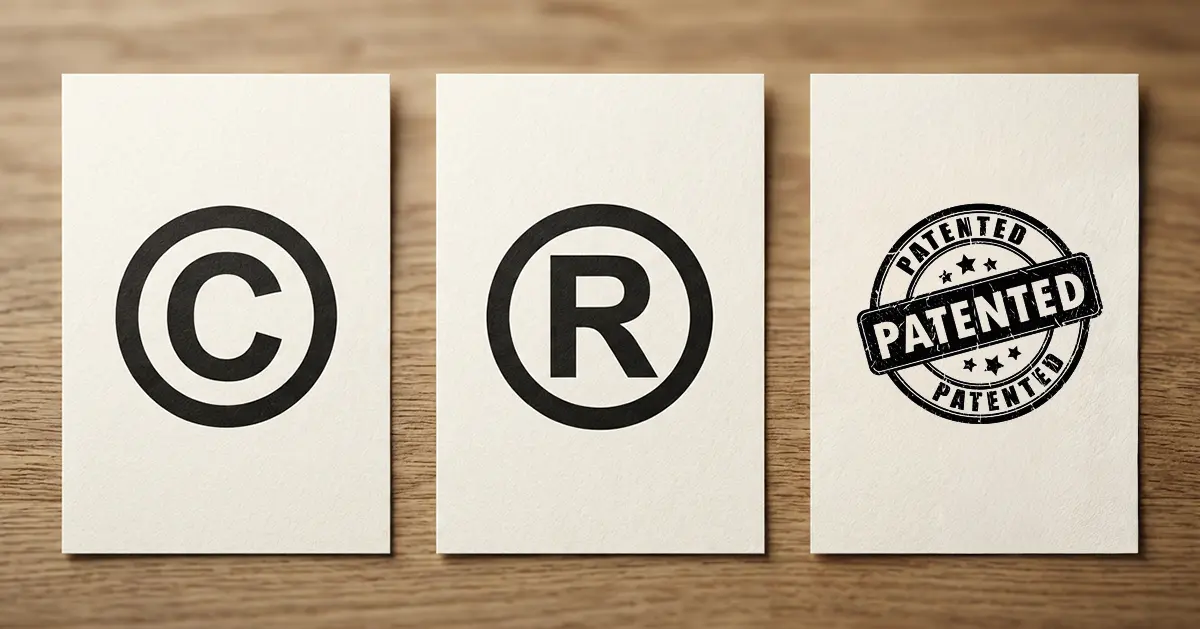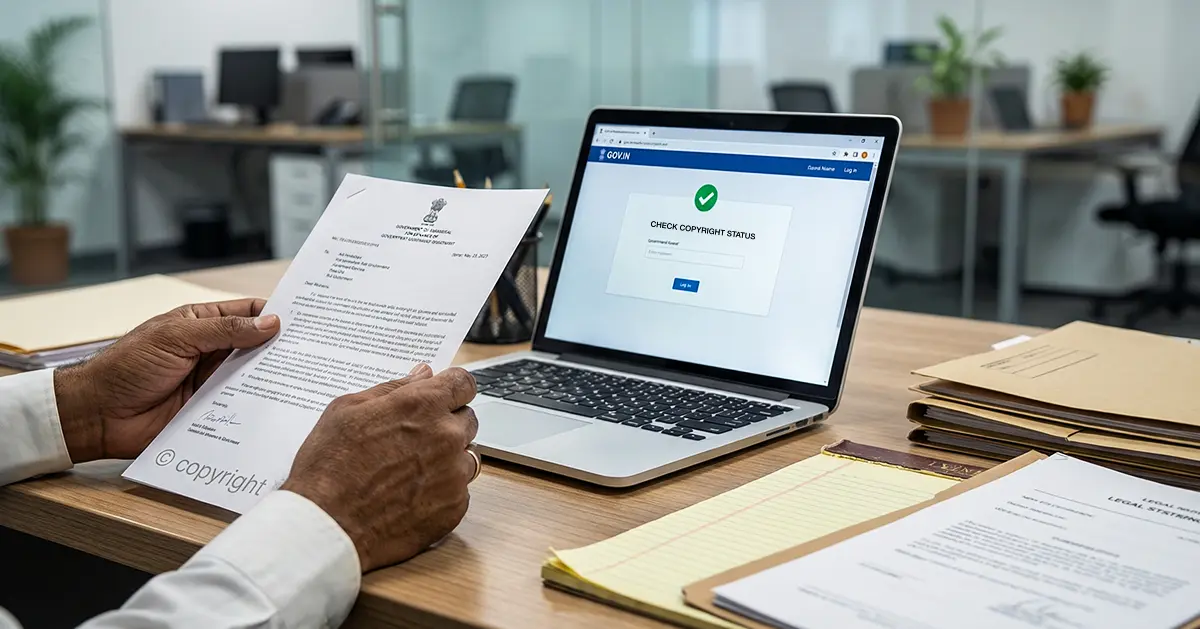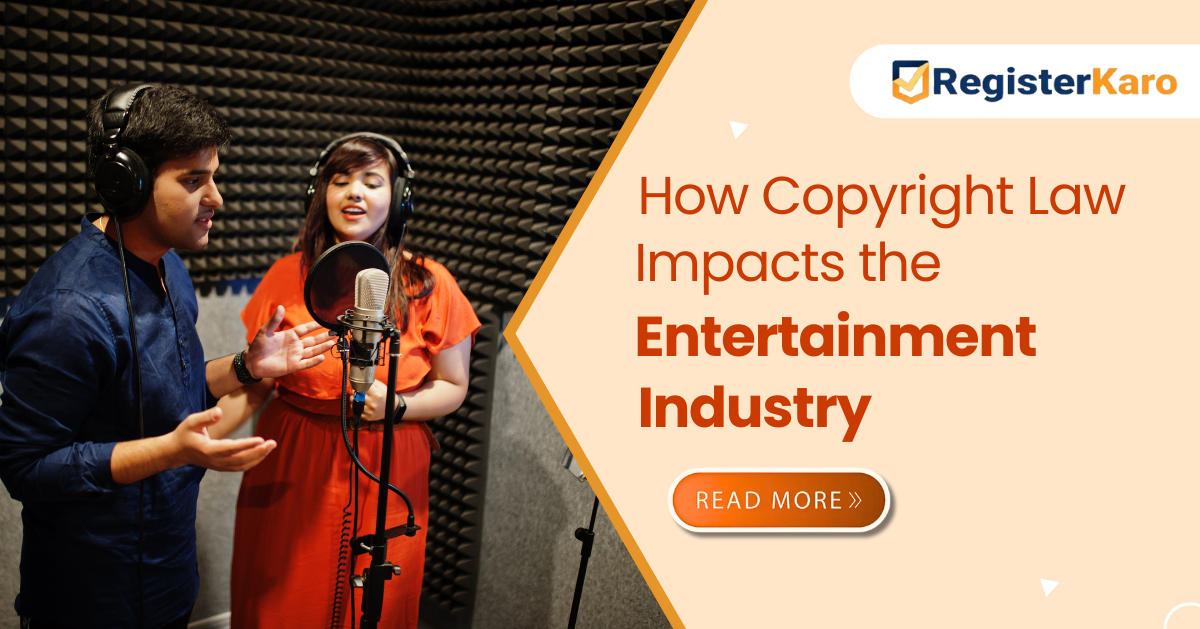
What Is Copyright Infringement?
Copyright infringement occurs when someone uses, reproduces, or distributes protected work without obtaining permission from the copyright holder. You should regard this unauthorized use as a violation of the sole rights that the Copyright Act of 1957 grants to authors.
The reality is that copyright infringement doesn’t occur just by creating a replica of someone’s work. It even happens when you use significant portions of copyrighted material’s essential elements without authorization.
Copyright Infringement Examples of Everyday Life
You might be infringing without even realizing it. Here are common examples that occur daily:
- Downloading movies or music from unauthorized websites
- Copying images from Google Search directly to your website without permission
- Using substantial portions of articles or books in your work without proper citation
- Sharing digital copies of copyrighted books or materials through messaging apps
- Creating merchandise featuring popular characters without obtaining a license
- Using copyrighted music in your YouTube videos or social media content
A Real-Life Example: The Birthday Party Photo
Lisa photographed her friend blowing out birthday candles and posted the photo on social media. One day, a local baker downloaded the picture and created an advertisement without Lisa’s consent.
This is copyright infringement for four reasons:
- Lisa automatically owns the copyright on the photo.
- The bakery did not ask permission to use that photo
- Using someone’s artistic work for profit violates copyright law
- This situation does not fall under ‘fair use’
The bakery should have either:
- Asked Lisa for permission
- Have hired their photographer
- Used licensed stock photos.
Note: Just because an image is posted online and publicly available does not mean it is free for commercial purposes. Shocking, right?
How to Avoid Copyright Infringement with Fair Dealing?
Fair dealing under Section 52 of the Indian Copyright Act allows limited use of copyrighted material without permission for specific purposes, like:
- Research
- Criticism or review
- News reporting
- Educational purposes
It acts as an exception to copyright infringement, ensuring a balance between creators’ rights and public interest.
Courts evaluate fair-dealing claims based on four essential factors:
1. Purpose and Character of Your Use
Is your use transformative or merely reproductive? Are you using the material for commercial gain or educational purposes?
For Example:
| Merely Reproductive | Downloading a music track and re-uploading it on your channel | No new context or interpretation |
| Transformative | Sampling part of a song in a remix that comments on social issues | Alter and add a new purpose |
2. Nature of the Copyrighted Work
Creative works receive stronger protection than factual compilations under copyright law.
3. Amount and Substantiality Used
Using smaller portions generally favors fair dealing, but using the “heart” of the work, even if small, can still constitute infringement.
4. Effect on the Potential Market
If your use takes away the ability of the original creators to get paid for their work, then the court will view it as less likely to be fair dealing.
Understanding these factors helps you distinguish between inspiration and copyright infringement.
Need assistance with copyright protection against infringement? 👉 Talk to our IP professionals today and secure your creative work from the start.
Debunking Common Copyright Myths That Lead to Infringement
Many copyright infringement cases stem from misunderstandings about copyright law. Let’s clear up the most dangerous misconceptions:
Myth 1: “It’s free to use, if available on the internet.”
Reality: Copyright law continues to protect content found online, and any use without prior permission can cause infringement.
Myth 2: “Simply giving credit to the original creator is enough.”
Reality: Attribution doesn’t replace permission. While citing sources is ethical, it doesn’t shield you from copyright infringement claims.
Myth 3: “It’s legal since I’m not making money from it.”
Reality: Copyright infringement doesn’t require commercial benefit. Even non-profit use can violate copyright law.
Myth 4: “I modified it enough to make it my own.”
Reality: Derivative works require permission from the original intellectual property holder; making changes doesn’t automatically avoid infringement.
Remedies for Copyright Infringement
When your copyright has been violated, the law offers several remedies for copyright infringement to protect your rights. With Copyright registration, you can gain better legal standing in court to fight for your work against copyright infringers.

- Legal Penalties
The courts can award up to ₹2 lakh for each work you violate. Willful infringement for commercial gain can carry a prison sentence of up to 3 years.
- Content Removal
Platforms like YouTube, Instagram, and Facebook actively enforce copyright law by removing infringing content or terminating accounts with repeated violations.
- Reputation Damage
Companies that infringe copyrights often suffer severe reputational harm, lose customer trust, and damage business partnerships.
- Permanent Injunctions
Courts may permanently prohibit you from using not only the specific content in question but also similar materials in the future.
Practical Strategies for How to Avoid Copyright Infringement
Protecting yourself from infringement claims requires proactive measures:
- Obtain Proper Permissions: When using others’ work, directly contact the copyright holders to request permission. Many creators grant reasonable usage rights, sometimes for nominal fees.
- Utilize Licensed Resources: Explore stock photography websites, creative commons licensed content, and public domain resources as alternatives to potentially infringing uses.
- Create Original Content: The safest approach to avoiding infringement is to develop your original material whenever possible.
- Include a disclaimer: When appropriate, add a clear copyright disclaimer about intellectual property ownership and permitted uses of your content.
The Future of Copyright Infringement
As technology evolves, so do copyright infringement challenges. Emerging trends include:
- AI-generated content raises new questions about copyright ownership and potential infringement
- Blockchain technology is creating new ways to verify and protect against unauthorized use
- International harmonization efforts seek to standardize copyright law across borders.
Conclusion
To avoid copyright conflicts, secure your work through proper copyright registration. It provides stronger legal standing against infringers with available remedies for copyright infringement. Always obtain permissions before using others’ content and utilize licensed resources when creating materials.
Don’t leave your work vulnerable. Contact RegisterKaro to register your copyright today and take control of your creative future.
Frequently Asked Questions
A: Assume all creative content is protected by copyright unless it explicitly states it’s in the public domain or has an open license. Copyright protection attaches automatically when creators make original work and does not require registration or a copyright notice.




